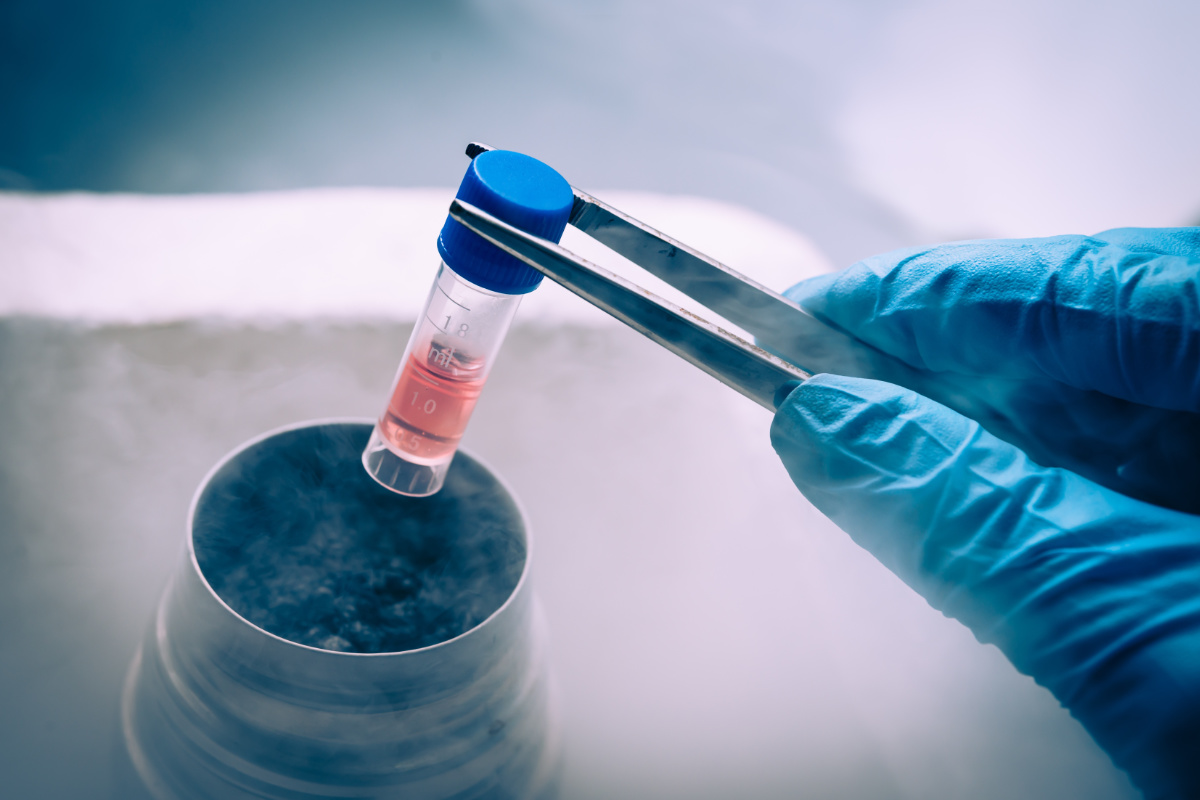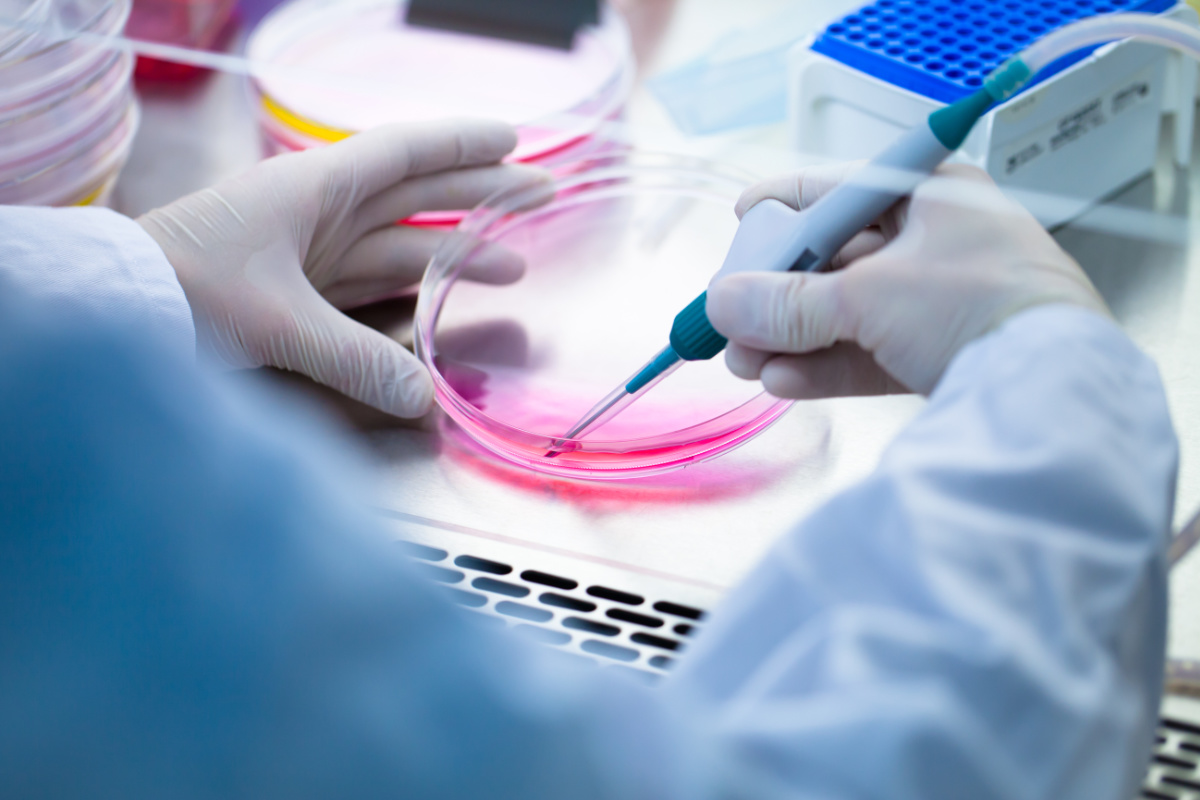Mesenchymal stem cells (MSC)
Mesenchymal stem cells (MSC) are a heterogeneous population of multipotential stem/progenitor cells characterized by specific properties, i.e. the ability to self-renewal and the ability to differentiation into progenitor cells of a specific cell line. MSCs participate in the regeneration of damaged tissue in which they reside, and due to their multipotential properties, they have the ability to differentiate into different types of cells, not only of mesodermal origin. Cells bearing the characteristics of MSCs have been isolated from many organs and tissues of the human body, including bone marrow, adipose tissue, skin, skeletal muscle, dental pulp etc., and their availability, and the possibility of isolation and culture in vitro make them an interesting research target for potential application in regenerative medicine.


Understanding the biological properties of MSCs gave hope for their use in regenerative medicine in patients whose conventional treatment options have been exhausted. To guarantee the biological quality of the MSC the International Society for Cellular Therapy (ISCT) developed uniformed biological criteria that should be met by cells called “mesenchymal stem cells”. MSCs can be obtained from many tissues and organs of an adult organism, however, before clinical use, their properties should be documented to meet the basic biological characteristics recommended by the ISCT.
MSCs must meet three defined biological characteristics:
- adhesion to plastic,
- the presence of the markers CD73, CD90, CD105 and the absence of the hematopoietic cell markers CD34 and CD45,
- should have the ability to differentiate into adipocytes, chondrocytes and osteoblasts.
However, in addition to the basic markers, i.e. CD73, CD90, CD105, MSCs can be distinguished by the expression of many other markers, e.g. CD13, CD29, CD44, CD49, CD54, CD140b, CD146, CD276, and their phenotype may vary depending on the tissue of which they origin.
Differentiation
Differentiation is the process of gradual transformation of a stem cell into a tissue-specialized cells. It has been documented that mesenchymal stem cells (MSCs) have the ability to differentiate into many types of connective tissue, including: bone tissue (osteogenesis), cartilage (chondrogenesis), adipose tissue (adipogenesis), skeletal muscle tissue (myogenesis), heart muscle (cardiomiogenesis), tendons, ligaments, as well as into nerve tissue cells. The process of MSCs differentiation is initiated by defined genetic factors and occurs in the presence of growth factors that are responsible for the targeted differentiation of MSCs.




